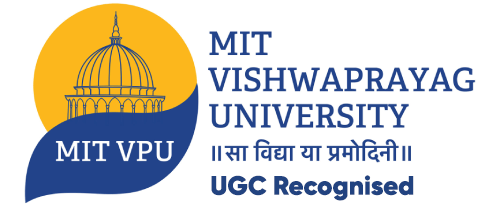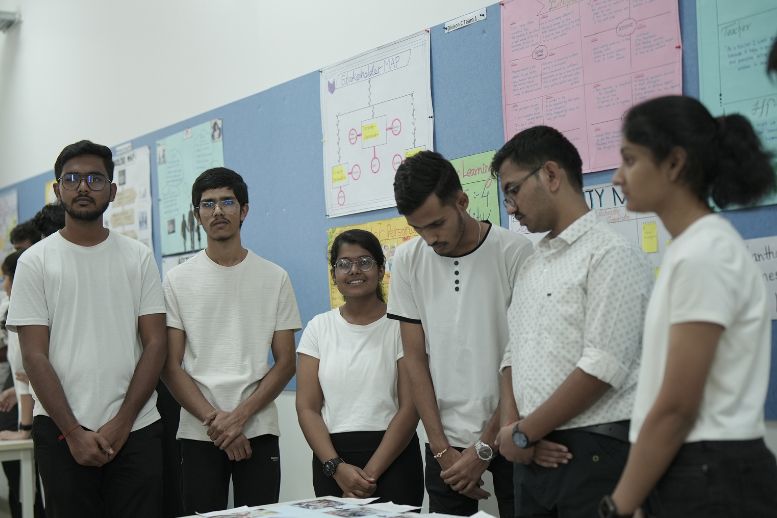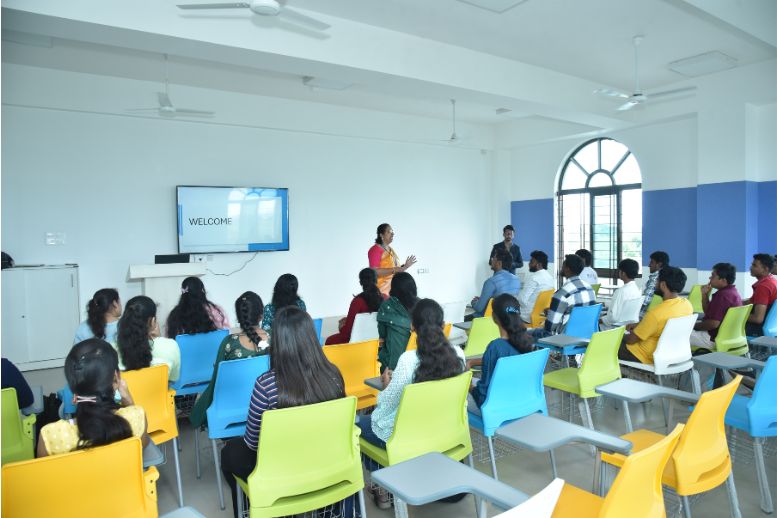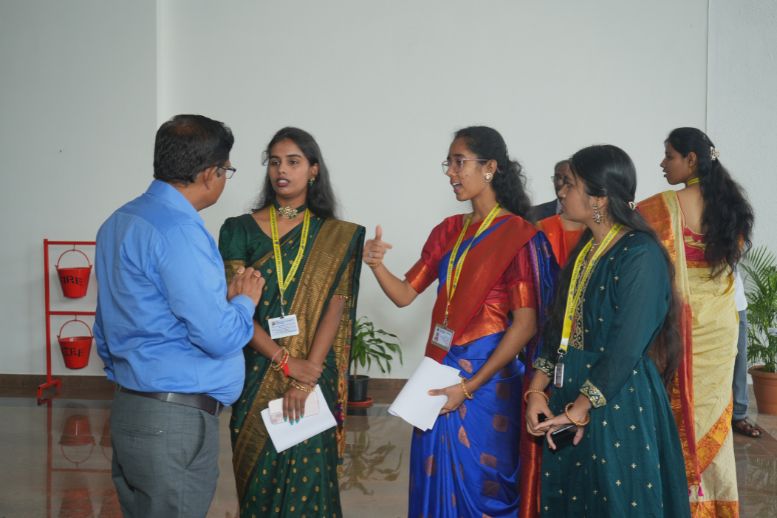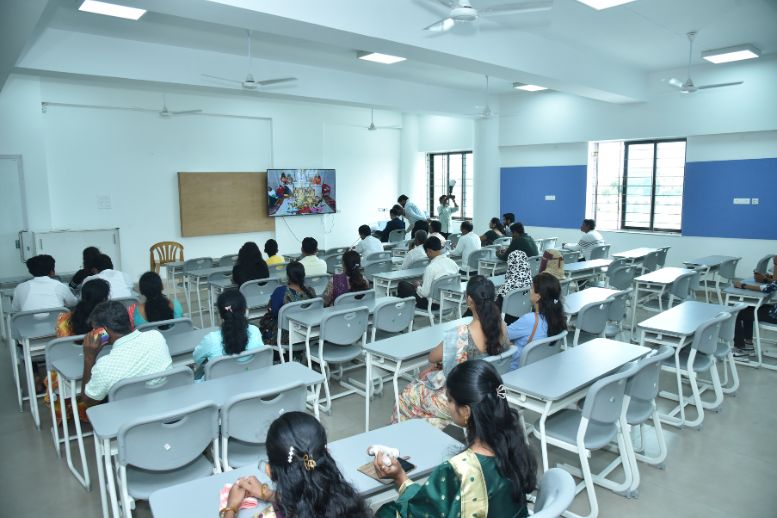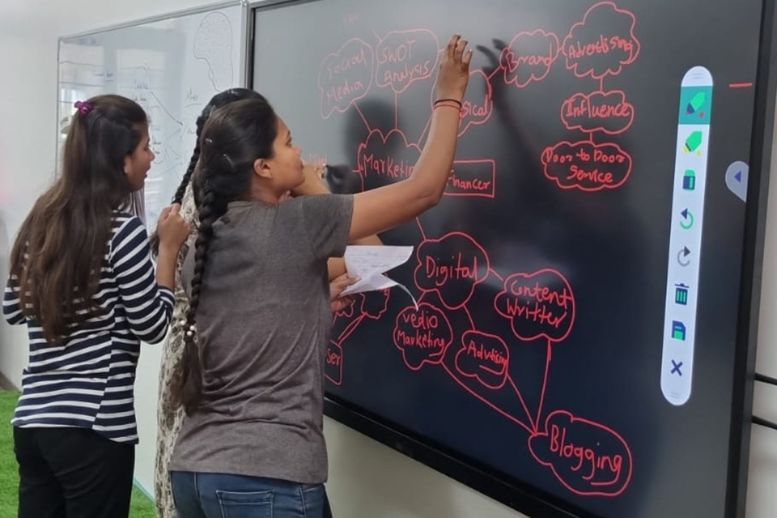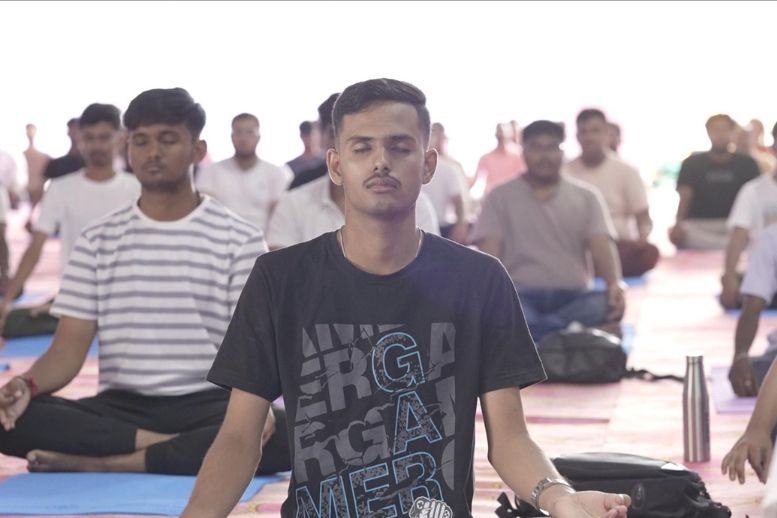Prioritising Breastfeeding to Secure India’s Future
- Before Scholarships: Dreams Delayed by Financial Pressure
- After Scholarships: MIT VPU Makes It Possible
- Bridge to Your Goals: How Scholarships Work at MIT VPU
- Why MIT VPU is the Affordable Choice
- Courses That Come with Scholarship Support
- Real Benefits Beyond Money
- A University That Walks with You
- Take the First Step Today
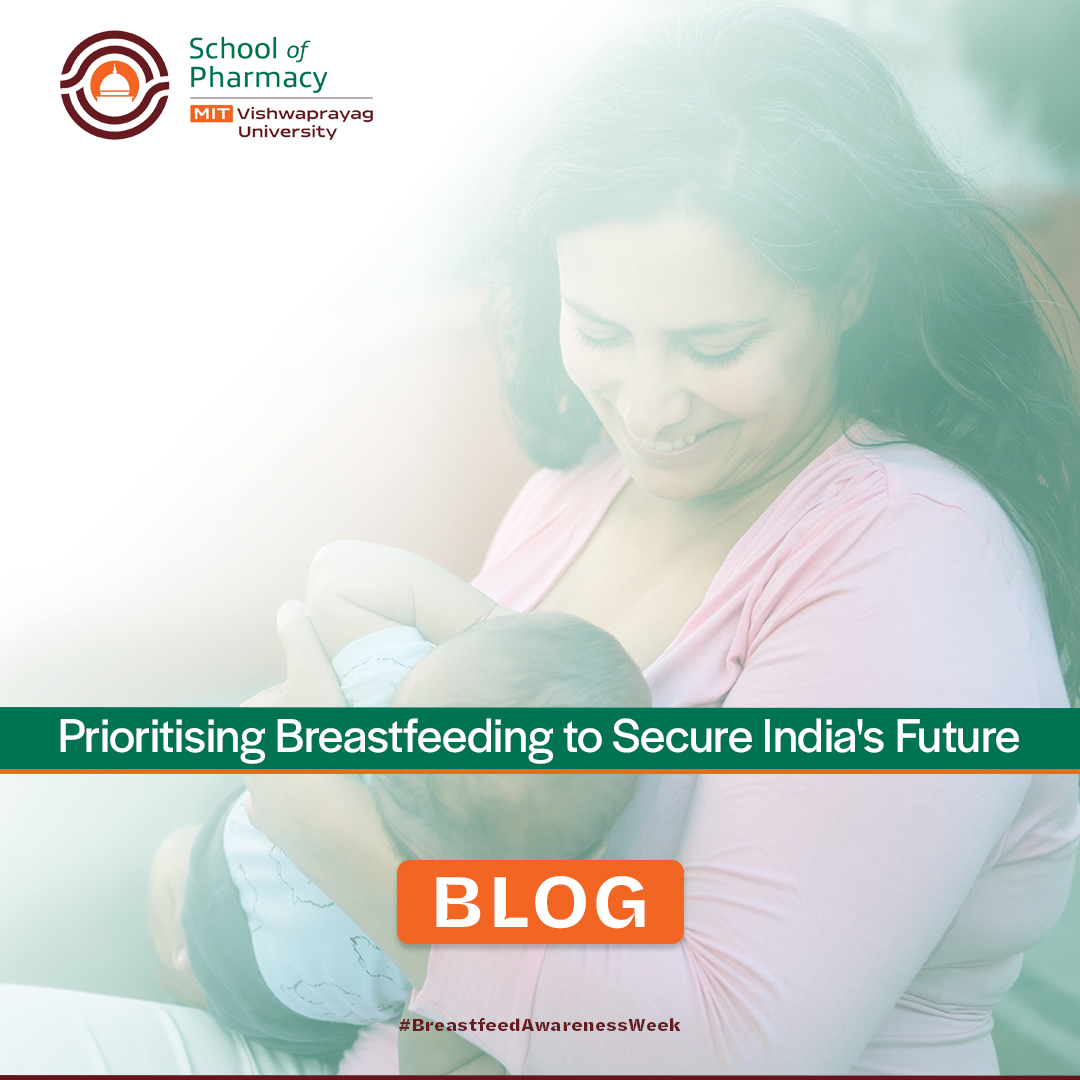
Breastfeeding extends beyond a baby’s meal; it is a foundation of cognitive growth and well-being. It is the step ensuring the development of a strong and capable society, which will shape the nation. Hence, it is imperative to promote the importance of breastfeeding to the masses. World Breastfeeding Week, which spans from August 1st to August 7th is the global awareness program by WHO under ‘Healthy Beginnings, Hopeful Futures’ to promote breastfeeding.
Breastfeeding helps build immunity, which reduces the risk of infection. Around 20% of newborn deaths can be avoided by breastfeeding within an hour of birth. Evidence proves that breastfeeding helps reduce child mortality and morbidity. When compared to children who are regularly breastfed, those who are not breastfed face a 15-fold increased risk of dying from pneumonia and an 11 times likely to suffer from diarrhoea, rendering them at greater risk for avoidable illnesses. Additionally, it avoids malnutrition, which is a major global cause of child mortality.
Indian child malnutrition under the age of five years remains a major challenge. According to NFHS, more than 30% of Indian children exhibit undernutrition due to stunting, while around 7% of children under the age of five are severely wasted (severe form of malnutrition), and around 20% are wasted (or thin for their height). Further, 32% of children are underweight for age. These figures are not mere numbers but indicate there is a severe and urgent need for intervention. The first step can be through promoting breastfeeding. Breastfeeding can help fight against the alarming rates of stunting, wasting, and underweight in Indian children by supplying vital nutrients and immune support.
Breastfeeding also has long-term health benefits for the mother. It reduces the risk of non-communicable diseases (NCDs) such as breast cancer. The benefits transfer over into the child’s adult years, with breastfed infants often having reduced incidences of disease in the long term, including conditions like obesity and diabetes. The act of breastfeeding, as such, can lead to lifetime positives in health for the child and mother, making it an investment in individual health but also in society’s overall long-term health.
India, with a population of more than 1.3 billion, enjoys a great demographic dividend, but building human capital is challenging. Building child welfare clinics through Anganwadi centres can be the best place to inform caregivers about the advantages of breastfeeding. Training Asha workers in terms of breastfeeding can significantly increase breastfeeding.
The economic rationale for breastfeeding is equally robust. Scholars summarise that breastfeeding not only benefits individual health but also accrues significant savings for families. If the baby is exclusively breastfed, it reduces the possibility of hospitalisation for the infant in case the infant has diarrhoea or pneumonia, hence saving families on healthcare. Additionally, breastfeeding is an investment in human capital, and its rewards in the long run extend beyond childhood. There is empirical evidence that breastfed children have improved cognitive abilities and are naturally immune to viral infection, resulting in educated and productive human capital. This not only reduces the burden on existing healthcare but also contributes towards a healthier economy. In India, families often face out-of-pocket health expenditures, and optimal breastfeeding can help reduce the expenditures with minimal interventions.
Although the undeniable benefits of breastfeeding are known in India, implementing the best breastfeeding practice for such a diverse population is not an easy task. According to NFHS, only 40% of infants are breastfed within the first hour of life; in urban cities, around 44% infants are breastfed within the first hour of life. However, it’s below the WHO target of 50%. Exclusive breastfeeding from birth to six months of age is more than 60% of children, above the global average. India has significantly improved in this area. Further, only 46% of children aged 6-8 months are being fed solid or semi-solid foods along with breast milk, which is much lower than the global average of 65%. Even more alarming is that only 11% of children aged 6 to 23 months get a diet according to their needs.
These breastfeeding statistics are inextricably tied to the Indian malnutrition rates. Around 35% of India’s children below the age of five are stunted, 19% are wasted, and 32% are underweight, highlighting the importance of breastfeeding interventions to fight against malnutrition.
Breastfeeding is the most healthy public health intervention in operation. It reduces infectious disease hazards, lowers cancer risks for mothers, fortifies maternal health, enhances cognitive development, builds immunity and has considerable economic benefits to families and society. To commemorate breastfeeding week, to acknowledge the immense contribution that breastfeeding has to public health. Creating awareness of breastfeeding is an investment in the nation’s future. Promoting breastfeeding is not merely a health intervention but also a primary strategy for preventing malnutrition and improving overall children’s health in India.
- https://www.who.int/campaigns/world-breastfeeding-week/2025
- UNICEF. “From the First Hour of Life: Making the case for improved infant and young child feeding everywhere.” 2016.
- Sankar, M.J., et al. “Optimal breastfeeding practices and infant and child mortality: a systematic review and meta-analysis.” The Lancet, 2016.
- Victora CG, Bahl R, Barros AJD, et al. “Breastfeeding in the 21st century: epidemiology, mechanisms, and lifelong effect.” The Lancet, 2016.
- Ibid
- Victora CG, Bahl R, Barros AJD, et al. “Breastfeeding in the 21st century: epidemiology, mechanisms, and lifelong effect.” The Lancet. 2016; 387: 475–490.
- Ibid
- Stordal B. Breastfeeding reduces the risk of breast cancer: A call for action in high-income countries with low rates of breastfeeding. Cancer Med. 2023 Feb;12(4):4616-4625. doi: 10.1002/cam4.5288. Epub 2022 Sep 26. PMID: 36164270; PMCID: PMC9972148.
Before Scholarships: Dreams Delayed by Financial Pressure
Imagine wanting to study at one of the B Tech colleges in Maharashtra or in a top business program. You work hard, clear your entrance exams, and get selected. But the high costs force you to step back. You look for less expensive options. You start compromising your dreams. This is the story of many talented students who just need a little support to succeed.
After Scholarships: MIT VPU Makes It Possible
At MIT Vishwaprayag University (MIT VPU) in Solapur, you don’t have to make that choice. As one of the best universities in Maharashtra, MIT VPU offers scholarship programs that reduce the financial load on your family. You get access to quality education in fields like Engineering, Business, Pharmacy, Design, and Computer Applications with real financial support.
Scholarships help you focus on learning. They give you the chance to grow, innovate, and prepare for a successful career. MIT VPU ensures that you can pursue your B.Tech, BBA, or MBA without worrying about fees.
